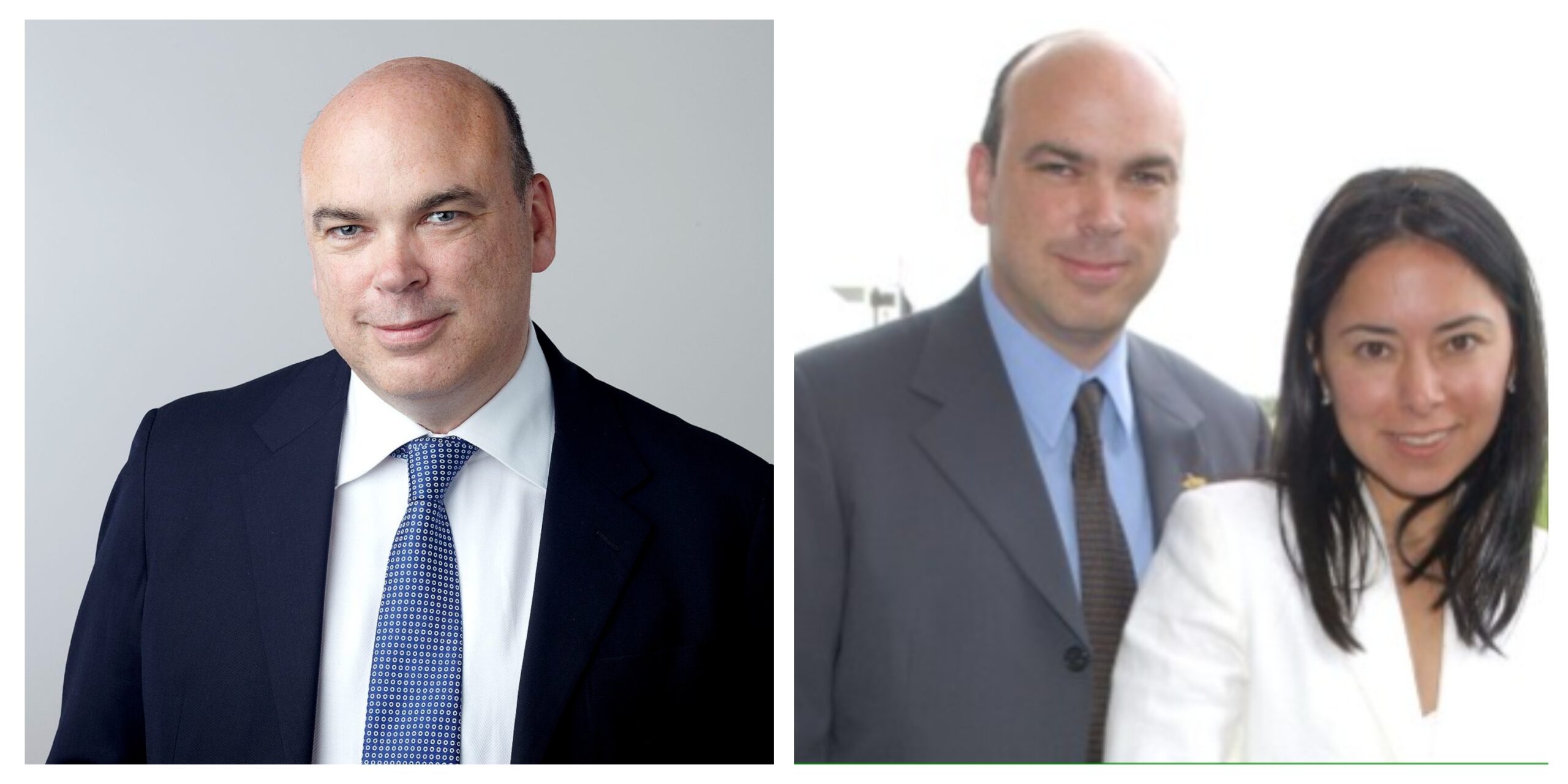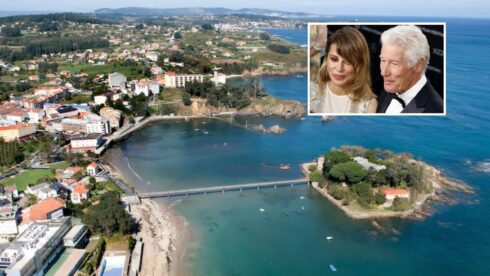TRIBUTES have been paid to Mike Lynch, a tech tycoon known as the ‘British Bill Gates’, after the 59-year-old enterepreneur’s body was finally found after the mysterious sinking of his Bayesian yacht on Monday.
Alongside five other victims, Lynch perished after his superyacht suddenly sank 50 metres to the seabed after it was struck by a strong storm and freak tornado off the coast of Italy.
Lynch had been sailing with family and friends across the Mediterranean to celebrate his recent acquittal in a major US fraud trial over the $11bn sale of his tech company Autonomy to Hewlett-Packard, from which Lynch made an estimated $800m.
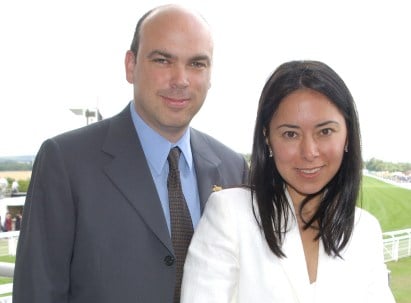
However, Lynch was extradited from the UK last year on criminal charges of conspiracy and fraud amid accusations that ‘serious accounting improprieties, disclosure failures and outright misrepresentations’ by Autonomy had artificially inflated the company’s value, forcing Hewlett-Packard to announce a $8.8bn writedown of assets just 13 months after the deal was struck.
Lynch was born in Essex in 1965, the elder of two sons to Irish immigrants, and quickly gained an interest in science and technology which led him to read natural sciences at Christ’s College, Cambridge.
He was a research fellow at the university when, alongside a handful of colleagues, he began Autonomy, a software company which allowed a computer to search large quantities of phone calls, emails and videos, and recognise words.
He told the Independent in 1999: “The way our technology works is to look at words and understand the relationships because it has seen a lot of content before. When it sees the word ‘star’ in the context of film, it knows that it has nothing to do with the word moon. Because it works from text, it can deal with slang and different languages”.
Autonomy soon became a Silicon Valley hit as Lynch took his company stateside, with its software used by more than 500 customers, including the BBC and the US State Department.
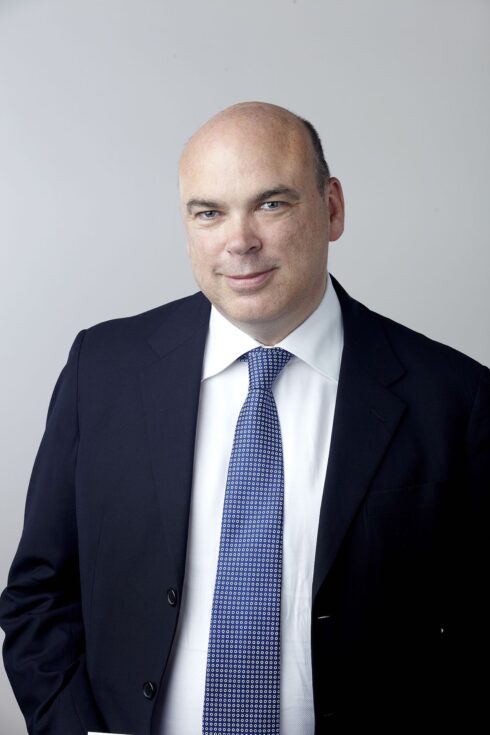
It was listed on Nasdaq in 1998 and the FTSE 100 in November 2000, although its value would suddenly halve thanks to the collapse of the technology boom and lingering accusations of over-valuation.
In 2006, Lynch was handed an OBE for services to enterprise, in 2011 he became a member of the government’s Council for Science and Technology, and in 2014 was elected as a fellow of the Royal Society.
However, things started to spiral after the Autonomy sale and accusations that Lynch had cooked the books and overvalued his company by more than $5bn.
Although the UK Serious Fraud Office found insufficient evidence supporting accusations of fraudulent behaviour, Lynch was soon indicted by US authorities – simultaneously, Autonomy’s former chief financial officer, Sushovan Hussain, was found guilty of fraud and condemned to five years in prison.
In May 2023, a district judge ruled in favour of extradition and Lynch was flown in chains to San Francisco where he was held under house arrest as prosecutors lobbied for a 25-year sentence.
Remarkably, Lynch and his former vice-president of finance, Stephen Chamberlain, were found not guilty of all charges – just 0.4% of federal US trials end in acquital.
But since then both men have found unfortunate ends – Lynch was killed in the yachting accident earlier this week; Chamberlain was fatally struck by a car whilst running on Monday.
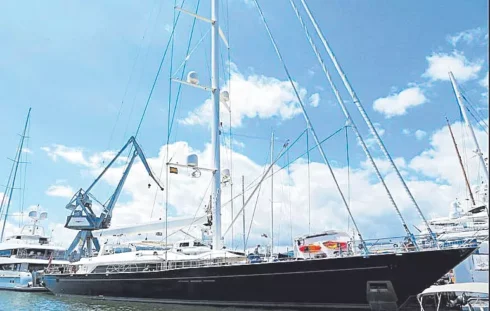
David Tabizel, co-founder of Autonomy alongside Lynch, described his fomer colleague as a ‘genius’ and a ‘giant of a man’ following the announcement of his death.
Eleanor Lightbody, the chief executive of AI company Luminance, another Lynch technological adventure, said he was a ‘visionary like no other’.
She added: “The UK has lost someone with the means, authority, knowledge and drive to propel the UK into technological leadership, but his legacy will live on in all of the extraordinary businesses he built and mentored, as well as his family who are in my thoughts”.

